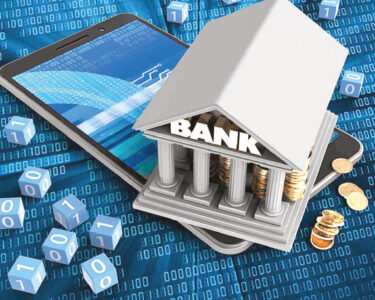
Analyzing the Social Media Campaign Against the iPhone 16: Impact on the DRC, Rwanda, and Apple
A growing movement on social media platforms like TikTok and Instagram is calling for a boycott of Apple’s iPhone 16 under the slogan “Don’t Buy the iPhone 16,” accompanied by hashtags like #FreeRDCongo. This campaign stems from reports by international NGOs and organizations such as the International Federation for Human Rights (FIDH), which accuse Apple of indirectly supporting crimes and illegal mineral exploitation in the Democratic Republic of Congo (DRC) through its ties with the Rwandan government. The DRC accuses Rwanda of purchasing conflict minerals from eastern Congo, further fueling violence in the region.
This boycott movement has gained traction, particularly among youth and consumers who are concerned about ethical sourcing of materials, such as cobalt and coltan, which are essential for manufacturing mobile phones. These minerals are often extracted in conflict zones in the DRC, where the mining industry is rife with human rights violations.
Political and Economic Implications for the DRC
Potential Advantages for the DRC
- Increased Awareness: The boycott has succeeded in bringing global attention to the issues of conflict minerals and their connection to large corporations like Apple. It highlights the complex relationships between tech giants and the supply chains that fuel violence in the DRC.
- Strengthening the Government’s Position: The DRC government has been successful in convincing a section of the population, as well as international bodies, of its stance that the exploitation of its natural resources is exacerbating the conflict. This could lead to stronger diplomatic pressure on countries and companies involved.
- Ethical Supply Chain Discussions: This movement may force tech giants like Apple to reconsider their sourcing strategies, pushing them towards more transparent and ethical supply chains that benefit the local communities in Congo rather than fueling conflict.
Potential Challenges
- Lack of Immediate Sanctions: Despite the growing boycott, it is difficult to believe that substantial sanctions or significant policy changes will follow, given the strong demand for Apple products in Western countries. The tech industry generates massive revenues and tax payments, making it a challenge for governments like the U.S. to impose strict sanctions on companies like Apple.
- Limited Impact on Apple: While the campaign may resonate with a niche audience, Apple’s vast global market and loyal customer base make it unlikely that a boycott will significantly affect the company’s bottom line. The company’s financial resilience and brand loyalty may blunt the impact of these movements.
- Complexity of Supply Chains: Minerals like cobalt and coltan are essential to many industries, including renewable energy and electric vehicles. Isolating Apple as the sole actor in these supply chains oversimplifies the issue, as other tech giants also rely on these resources.
Will the DRC Achieve a Political or Economic Victory Over Rwanda?
The current social media-driven boycott represents a symbolic victory for the DRC in raising global awareness about the exploitation of its natural resources. However, achieving concrete political or economic victories will require more than public sentiment:
- Political Victory: A political win for the DRC would involve successfully pressuring international bodies to impose sanctions on Rwanda for its involvement in the mineral trade. This would require widespread global support, which is difficult given the complexities of international trade and diplomacy.
- Economic Victory: For the DRC to benefit economically, it must gain more control over its mining industry, ensure that profits from these minerals are reinvested into local communities, and create transparent, conflict-free supply chains. Achieving this will require the cooperation of not only tech companies but also international regulatory bodies.
Conclusion: Wait-and-See Approach
While the boycott highlights critical issues in the DRC’s mining industry, it remains uncertain whether it will lead to long-term change. The DRC government has gained some success in raising awareness, but the road to political and economic victory over Rwanda, and by extension Apple, is steep. The global demand for technology remains a significant challenge, and the reliance on conflict minerals in tech production complicates any push for sanctions. For now, the campaign’s impact is symbolic, but sustained pressure could bring more significant change in the future.





